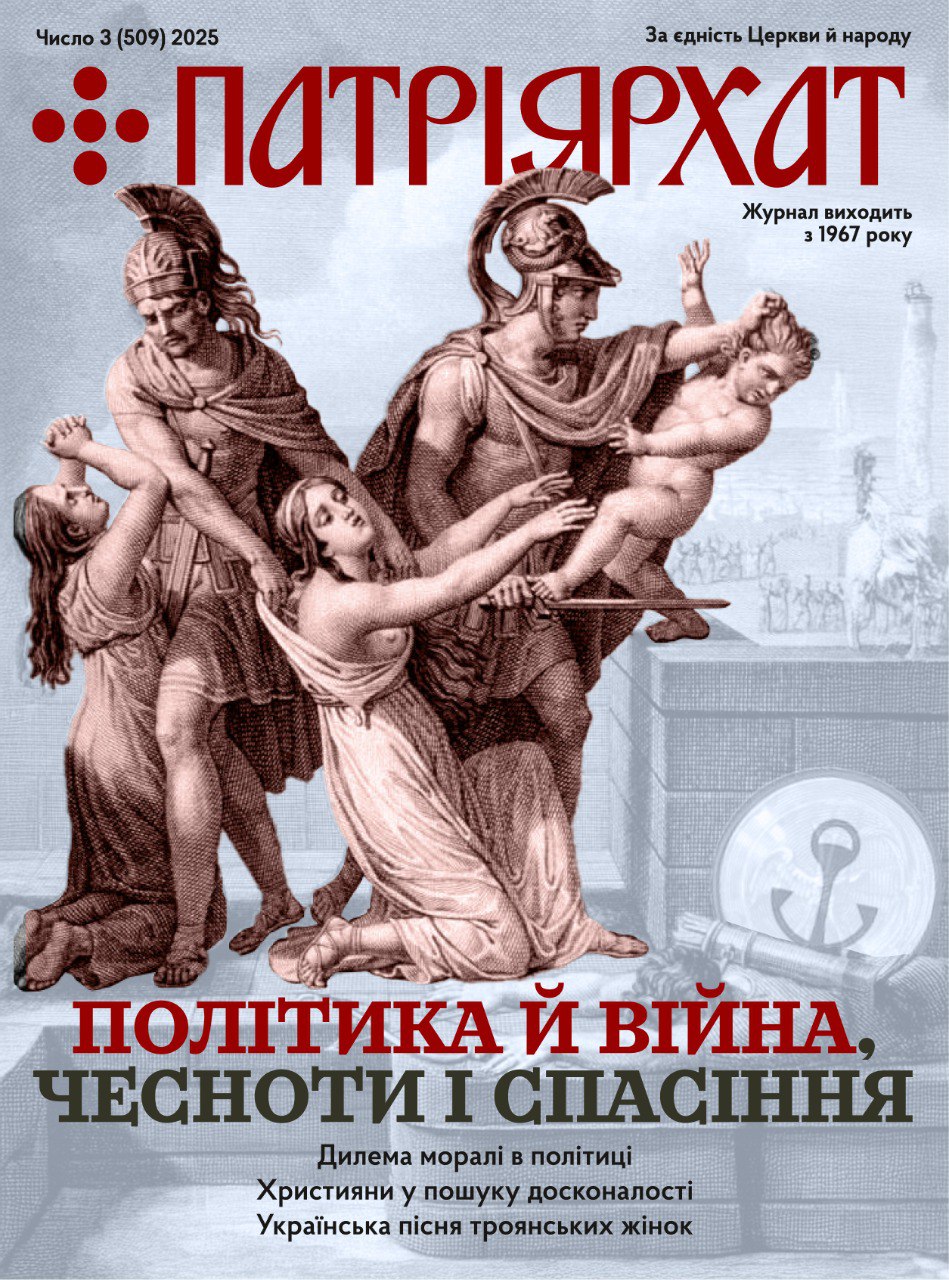Condensed from La Salle. A quarterly La Salle college magazine (Phila. Pa) Winter 1979-79.
I first met His Holiness Pope John Paul II (then Karol Cardinal Wojtyla) at the Fortieth Eucharistic Congress which was held in Melbourne, Australia, in February 1973, but I did not become acquainted with him until we met at Harvard University on July 27, 1976. At that time, I was a guest professor for Ukrainian Literature at Harvard and Cardinal Wojtyla had been invited by the administration to come up from Philadelphia, where he was participating in the Forty-first Eucharistic Congress, and deliver a lecture for faculty and students. Having met the man before, I naturally decided to attend the lecture, which was entitled «Participation or Alienation?» I remember sitting in the audience and waiting for the speaker, with my paper and pencil ready to take notes. However, once the lecture began, I became so immersed in the discourse that I promptly forgot to write things down, and as a result, almost everything I write here is from my notoriously unreliable memory.
The Cardinal read in a grammatically impeccable English a fascinating paper on the grave moral issues of our time. In it he took to task the Marxist notion that «men are reducible to creatures of social, political, and economic structures,» explained that even some Marxists themselves «have pointed out that revolutionary transformation of society can bring about new forms of alienation,» and went on to consider these forms. The more I listened the more I became impressed with his mastery of the Marxist dialectic and his knowledge of contemporary philosophical trends. Resonances of Max Scheler’s philosophy reverberated in his words as well as the most recent thinking of the existentialist’s. But all this, I felt, was modified by the «Personalism» of a Jacques Maritain, the Christian Existentialism of a Gabriel Marcel and integrated through the Catholic Weltanschauung of the man himself. At all times too, there was a scholarly clarity and lucidity in his delivery which made his presentation, despite the inherent complexities of the topic, easy to follow.
Following the lecture, there was an informal reception during which many members of the audience approached the Cardinal and chatted with him briefly. I was one of those, except that my talk with him was probably of a greater duration than that of other people, because I spoke to him in Polish. The Cardinal, I could sense, was delighted to hear somebody speak his native language (even if it was spoken poorly). In fact, he was so pleased, that he even complimented me on my Polish, at the same time supplying a word here and there, whenever I got stuck. I mentioned to him that the conclusion of his paper struck me as somewhat Thomistic, perhaps more than the arguments made in its body warranted, and he smiled gently and said: «You’re probably right.» By that time I began to feel at ease in his presence and before we knew it, we were discussing, among other things, the present state of the Catholic Church, my work at Harvard, and the Concept of a Catholic University. I found him amazingly well informed on all kinds of current issues as well as on various areas of scholarship. He expressed genuine interest in my work in German-Ukrainian literary relations and asked me if I had done any work on Polish-Ukrainian literary ties. Upon hearing that I was planning to deliver a lecture at the Catholic University of Lublin the next year (a plan which never materialized), he invited me to visit him in Cracow, and to impress upon me the fact that he meant it, he extended the invitation again, when we saw each other the next day, at the Harvard Ukrainian Research Institute.
My brief encounters with the Holy Father left me with a great sense of satisfaction. At that time of course, I did not suspect that I had been speaking with the future Pontiff; but, as I recall, I savored the pleasant, rewarding experience of having talked with an erudite man, whose thoughts were both intellectually stimulating and spiritually uplifting. There was no doubt in my mind, that I was in the presence of a man of God, who had successfully integrated faith with reason, experience with aspiration, and who stood on firm philosophical ground while at the same time being conscious of his limitations as a human being.
What does the fact of being acquainted with the Pontiff mean to me personally? The answer is not a simple one. But somehow this episode in my life has imbued me with hope; it has strengthened my faith in the Church as an Institution of God. To me, His Holiness Pope John Paul II is not just the Head of the Catholic Church, not just an abstract symbol of Apostolic Succession, but a real human being who is gentle and kind and good to be with. It is a feeling, which I am convinced, should be shared with others, but it is difficult, if not impossible, to put it into words.
In struggling for a fitting conclusion to this essay, I searched my mind for a word or a phrase which would best describe the new Pontiff. And finally, the solution to my dilemma suggested itself. One of Karol Cardinal Wojtyla’s works, which is said to have foreshadowed Pope Paul V’s encyclical Humanae vitae, is entitled Love and Responsibility. In thinking back now I find, that these two qualities are the salient features of the character of our new Pontiff. His entire manner conveyed a sense of Love and of Responsibility, and thus, I believe, portends good things for his Pontificate and for the Church.

